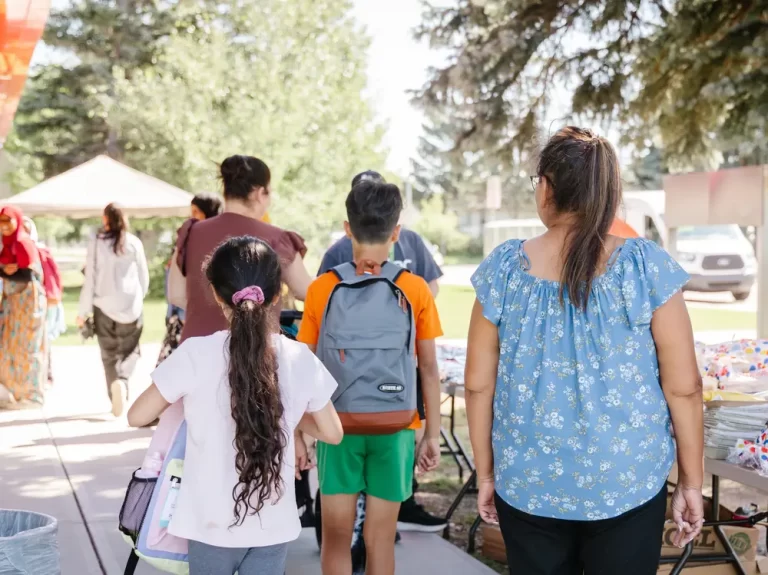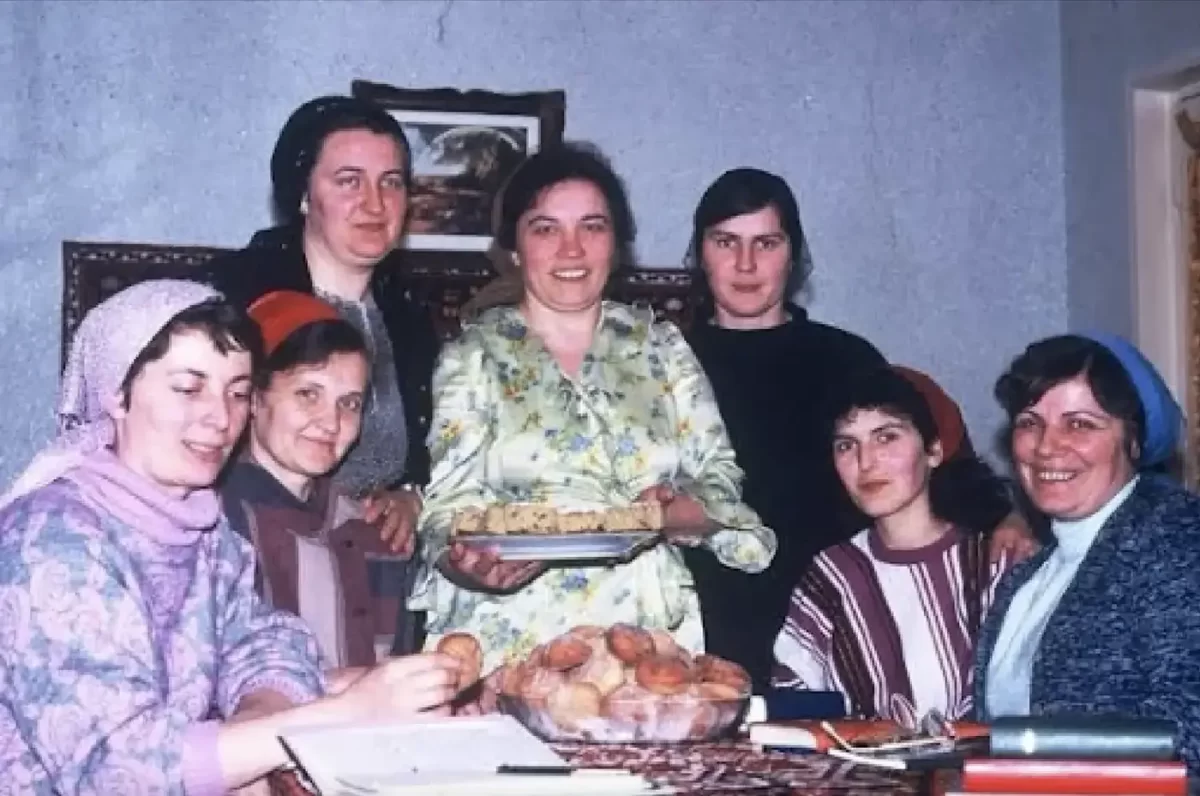
Generations of Disciples in Romania: Miriam Charter’s Story
Picture yourself as a follower of Jesus in a country where publicly following Jesus might lead to arrest by the poliția secretă (secret police). And if they discover that you are teaching the youth group about discipleship it will almost certainly land you in prison for a while – because it’s a crime to teach anyone under 21 years of age about God. Not everyone in the youth group has a Bible and those who do will probably tear out pages to share with others in the group – there are certainly no Bible Study materials.
The group meets in a secluded apartment in a dilapidated building on the edge of town – curtains drawn, a single light bulb hanging from the ceiling casts an eerie glow over the room. Everyone speaks in barely audible whispers so the secret police in unmarked cars in the parking lot won’t pick up voices with their listening devices, especially the voice of the foreign teacher who is visiting from Canada tonight. Participants can only hope that everyone present in the group is a trusted follower of Jesus – and that no informer has infiltrated the youth meeting that night. Following Jesus in contexts like this is serious stuff. This was my life for quite a few years while I was an International Worker in the 1980s and 90s.
But this is not just some hypothetical scenario from way back in the 1980s. It happens today in countries like Yemen, North Korea, Somalia and Libya. Followers of Jesus pay a big price, many facing death or imprisonment, because they are willing to be known as “Jesus followers.” In the 1980s, I worked in Eastern Europe (places like Romania, Bulgaria and Russia). A militant Communist dictator named Ceausescu called the shots.
As a young woman, while on staff at FAC, I felt God was calling me to work with believers, especially young people, in the underground church in Communist Europe. My calling was complicated by the fact that I am a woman – and women had little role in the church.
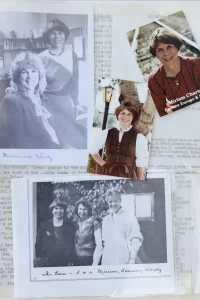
When I first suggested to pastors in Romania that I wanted to teach the women how to make disciples of other women, my ridiculous idea made them laugh out loud. A leading pastor sitting at the table that day, responded, “Teach women? You can’t! They talk too much!” His response to me in front of the six pastors in that tiny hidden room at the back of a little church in Bucharest made us all laugh. I still laugh every time I tell that story, because the pastor meant well but he was so very wrong.
Since returning to Calgary to retire, I’ve heard lots of discussions about discipleship. It’s part of the heartbeat at FAC. I love to tell the story of how disciple-making among women flourished, even in a repressive Communist regime like Romania. My students were simple, uneducated, village women who were terrified at the thought of walking alongside another believer in her life with Christ.
I remember first meeting the wives of those six pastors in Bucharest, the same men who had laughed uproariously at the idea of training women. Each of those women had taken a day off work in the factory, and hopped on the night train across Romania to meet in a hot little secret room at the back of a church for 8 hours of training – about disciple-making! I saw the hesitancy in their eyes as I reminded them of Christ’s final words to His followers: Go and make disciples of all the nations (Matthew 28:19). They were filled with doubt that they could do what Christ was asking them to do – make disciples.
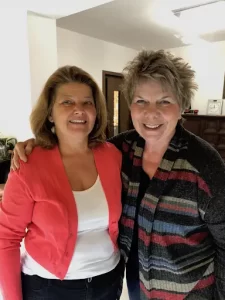 After all, every day they “flew beneath the radar” of the secret police hoping that this would not be the day they’d be arrested for their faith in Jesus. That day I showed them in Scripture what the Apostle Paul said to his young disciple, Timothy: The things you have heard me say in the presence of many witnesses entrust to reliable people who will also be qualified to teach others (2 Timothy 2:2). I explained the ground rules of the group: every woman would choose one or two other women into whose lives they would speak. I told the six original women they were my “first generation.” Their own disciples were their “first generation” (my “second generation” ). In time, the second generation would recruit the “third generation” and be trained to teach another generation. We framed it as spiritual friendship. Every time I came to visit, I passed along to them materials they could use to nurture the next generation.
After all, every day they “flew beneath the radar” of the secret police hoping that this would not be the day they’d be arrested for their faith in Jesus. That day I showed them in Scripture what the Apostle Paul said to his young disciple, Timothy: The things you have heard me say in the presence of many witnesses entrust to reliable people who will also be qualified to teach others (2 Timothy 2:2). I explained the ground rules of the group: every woman would choose one or two other women into whose lives they would speak. I told the six original women they were my “first generation.” Their own disciples were their “first generation” (my “second generation” ). In time, the second generation would recruit the “third generation” and be trained to teach another generation. We framed it as spiritual friendship. Every time I came to visit, I passed along to them materials they could use to nurture the next generation.
A few years passed. In December 1989 a violent revolution happened — President Ceausescu and his wife Elena were executed on Christmas Day. The Communist regime was brought to its knees and the church emerged from the underground, eager to mobilize believers everywhere. Six hesitant, uneducated, peasant women — my “first generation” — had trained a “second generation,” who in turn had trained a “third generation.” That spring, for the first time in the history of the church in Romania a conference for women was held in Oradea, Romania.
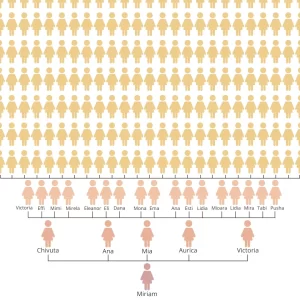
We invited the “first generation” women and told them they could bring the “second generation” women with them. As we met the trains and buses coming into the city our women disciples would spot us and cry out with delight, “Miriam, come and meet the “second generation!” A few said shyly, “These are my third-generation women!” Hundreds of women arrived that day. As I got up to welcome the women that night, gathered in what had once been the great hall of the Communist Youth Association, I saw before me hundreds of women who had once said, “Never! I could never disciple another woman!” But that’s what they had done. Six women had grown to hundreds.
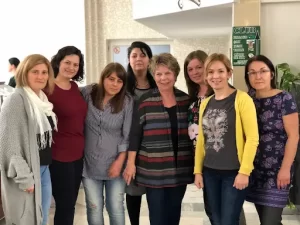
Every time I go back today to Romania to visit the women, I see the exponential growth of Paul’s instruction to Timothy: “teach reliable people who will be able to teach others” in living colour. Thousands of women in Romania are serving the Body of Christ in local churches. They have a lot to teach us about how to fulfill the last command Jesus gave His Church. . . go and make disciples. And when someone here at FAC says, “I could never disciple another person!” to my mind’s eye comes a picture of a simple, uneducated, peasant woman in Romania who is investing in the second or third or even the fourth generation.
Written by Miriam Charter
Did you know that Miriam served at FAC as Pastor of Discipleship during the 1980s and 90s? Sensing God’s call to unreached peoples, she asked FAC to send her to the nations in 1983. For 12 years she worked in discipleship with the underground church in Romania, Bulgaria, East Germany and Russia.
She is passionate about the next generation following Jesus. She recently published a book about the miracles God did in Romania. If you would like to purchase a copy, email Miriam!


